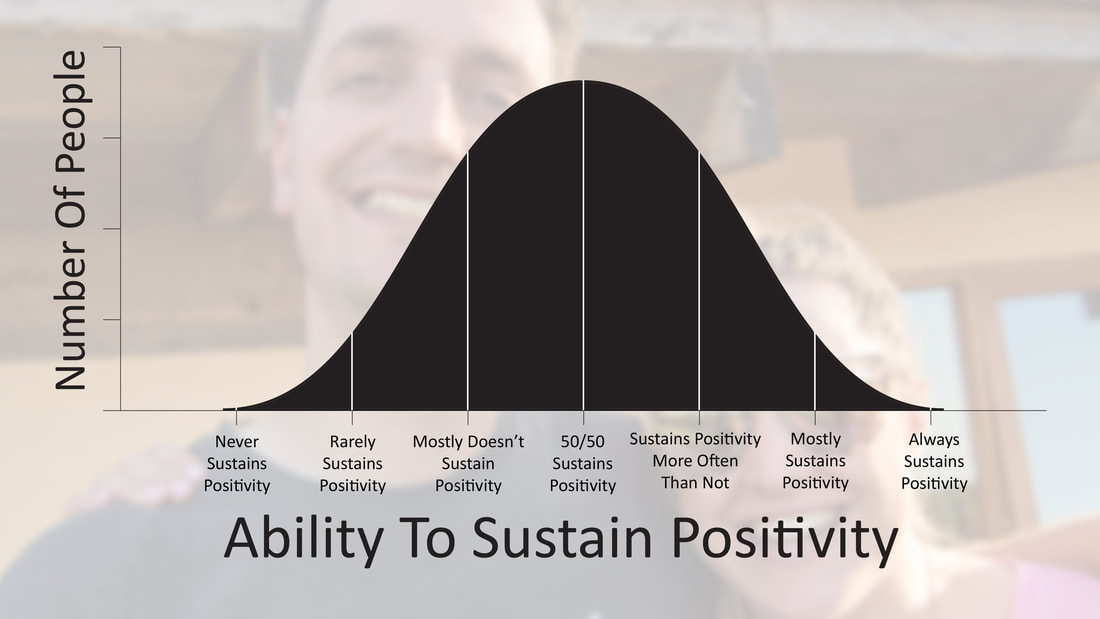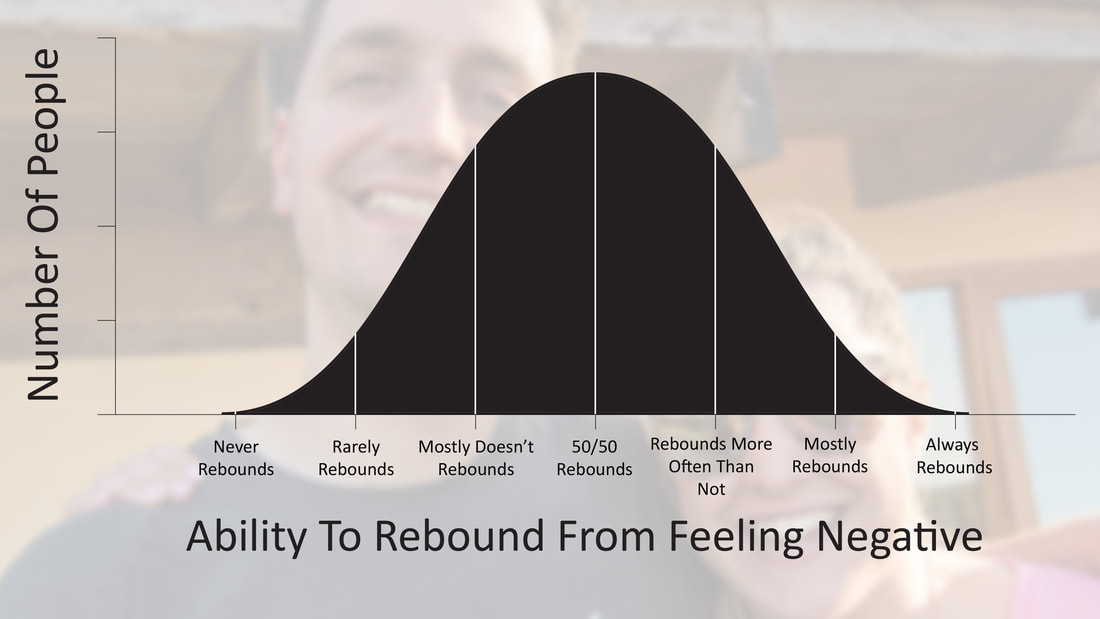|
Have you ever considered how hard it is for someone who has everything that they say they want or need, but still feels unhappy and down for some reason?
Wondered how someone who seems so happy, so full of life, could ever get to a place where they could harm themselves or those they love? Felt down and out, when logically and physically everything is actually going quite well and found it hard to find your happiness again? Perhaps its because the binary nature of our discussion of happy and sad is a bit off the mark. The language we use to speak about these moods informs our opinions about them, informs the way we seek treatment and the advice we give to those we know regarding moods and emotions. Rather than a dualistic relationship of happy/sad - instead; Neuroscientist Dr. Richard Davidson suggests we should consider that positive and negative feelings exist separate scales of their own. Critical to feelings of well-being, the ability to achieve a positive state is important. Considering a standard Bell Curve distribution of attributes, we can see that it most probably looks as follows.
No doubt we all know some people that somehow maintain their effervescent levels of positivity with ease, while others have a very tough time remaining positive even for a minute at a time. In the middle of the bell curve reside the majority of the population, who either skew towards finding a bit easier or a bit tougher depending on a whole range of physiological, social and psychological factors.
The opposite of not being able to sustain a positive state is not necessarily constantly maintaining a negative one. Rather the second scale relates to our ability to rebound from a negative state. Resilience is not necessarily about rebounding from a negative state to a positive one, it is more about rebounding from a negative state to the middle-ground. A functional place that doesn’t negatively impact your ability to live your life. It might not be a joyous, hands in the hair, dance in the street positivity, but it absolutely is not being stuck down in the doldrums.
Understanding people who occupy opposing ends of these scales simultaneously can be challenging. Those bubbly, vibrant individuals who are mostly full of positive energy, but find it nearly impossible to bounce back from a negative state. Otherwise happy people who suddenly find themselves unable to cope with the onset of a negative state.
Conversely, there are individuals who find it hard to maintain a positive state for any length of time, but always, without fail, bounce back from negative states and show incredible resilience. Each of us has the two scales inside of us. Understanding where we sit on both allows us to better work on solutions for either resilience or positivity. If you are someone who struggles to maintain a positive state, there are many practices you can do to maximise your time there. A healthy diet, exercise, a meaningful social life, meditation and positive reflection, gratitude, avoiding stress etc, can all help. Likewise, if you find yourself struggling to rebound from a negative state, all the above can be of significant use, as can speaking to someone, taking positive actions to remedy a negative situation and perhaps even stoic philosopher Epictetus can offer a thought to mediate on, focusing on what is in your control; “Happiness and freedom begin with a clear understanding of one principle: Some things are within our control, and some things are not. It is only after you have faced up to this fundamental rule and learned to distinguish between what you can and can’t control that inner tranquillity and outer effectiveness become possible.” – Epictetus
Take note of where you and others might sit on these scales, and use them to better judge what areas need the most attention. If you need help bouncing back from a negative state, there is no shame in seeking it, if you are resilient individual who finds it hard to live a joyous life, there is no shame in that either. If you rarely feel positive and can’t bounce back from a negative state, then you know that there are two separate things that you can work on, rather than needing to be positive first, you can first rebound from negativity, then find a positive state (or vice-versa).
When we look at positive/negative as individual characteristics, rather than opposite sides of the same coin, we are provided with wonderful tools to better understand not only our own needs, but the needs of others. Keep smiling, keep looking after each other, keep paying attention and of course, Just Be Nice.
|
Just Be NiceA collection of articles relevant to pursuing the effective execution of altruism in the search for equality of opportunity. Archives
February 2020
Topics
All
|


 RSS Feed
RSS Feed